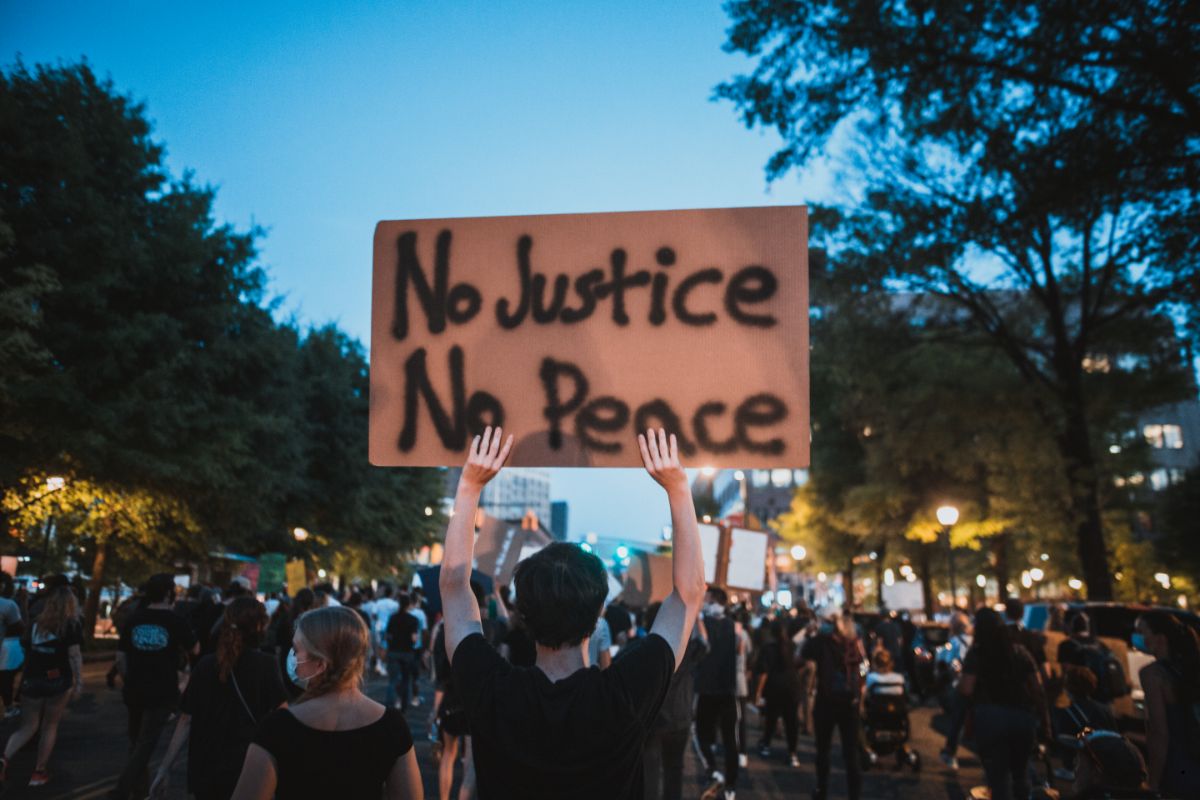Blog
Three Realities
Having recently finished reading Jordan Peterson’s 12 Rules For Life I find myself reflecting on many of his thought-provoking themes. His book carries the subtitle An Antidote to Chaos, a theme that permeates many of its 368 pages of challenging prose. In pointing out that the scientific world view is a mere 500 years old, he makes this provocative claim: “Because we are so scientific now – and so determinedly materialistic – it is very difficult for us even to understand that other ways of seeing can and do exist.” Reading that was a validating breath of fresh air. The arrogance that accompanies many who imagine they think scientifically in contradistinction to the rest of us peasants who do not is quite suffocating – to the so-called scientific thinker. It has been said that if Pythagoras had not “discovered” the Pythagorean theorem, someone else eventually would have. But no one would have eventually composed Beethoven’s 9th Symphony except Beethoven.
Peterson draws out additional insights: “The scientific world of matter can be reduced, in some sense, to its fundamental constituent elements: molecules, atoms, even quarks. However, the world of experience has primal constituents, as well. These are the necessary elements whose interactions define drama and fiction. One of these is chaos. Another is order. The third (as there are three) is the process that mediates between the two, which appears identical to what modern people call consciousness. It is our eternal subjugation to the first two that makes us doubt the validity of existence. . . It is proper understanding of the third that allows us the only real way out.”
He goes on: “Chaos is the domain of ignorance itself. It’s unexplored territory. . . It is, in short, all those things and situations we neither know nor understand.”
There are people all around us who seem to relish chaos. Radical Islamic Terrorists who plant bombs, capture and torture (and behead) innocent people, seething yet ignorant college students at Columbia and UCLA and elsewhere screaming their support for Hamas and their desire to see Israel destroyed, arsonists who wish to destroy land and buildings, Chinese scientists who carelessly experiment with viruses that leak out and wreak havoc on entire countries. . .
But Jordan continues: “Order, by contrast, is explored territory. . . That’s the structure of society. . . Order is tribe, religion, hearth, home and country. It’s the warm, secure living-room where the fireplace glows and the children play. It’s the flag of the nation. It’s the value of the currency. Order is the floor beneath your feet, and your plan for the day. It’s the greatness of tradition, the rows of desks in a school classroom, the trains that leave on time, the calendar, and the clock, . . . the thin ice on which we all skate. . . W/here everything is certain, we’re in order. . . In the domain of order, things behave as God intended. We like to be there.”
But what about that third element he mentioned, that of the process that mediates between chaos and order? I’m not certain. Perhaps he didn’t spend much time on that. Or perhaps he did and I simply cannot remember what he had to say and couldn’t find it when I looked. Thus, I will take a stab at that using my own reasoning skills.
We cannot eradicate the existence of chaos. It is there and it is constant. But we can choose to seek order. We can even work to create order ourselves. We can literally draw order from the chaos. We do that through choice, through will, through desire. Our very ability to have aspirations means we, like God but on a much smaller scale, can formulate will and can speak the words “Let there be light,” or “Let there be order,” or “Let there be structure,” and then work to bring it about by our choices. Others can and do the opposite: they call forth the chaos. They do this in myriad ways: by being deceitful and dishonest; by putting poisons (i.e., illegal drugs, large quantities of alcohol, etc) into their bodies; by violating law; by embracing violence.
We have two choices: value the ideal we call order and adhere to it, or value the dark ooze we call chaos and bask in it. The first will bless us; the second will curse us.
And the choice is ours.





